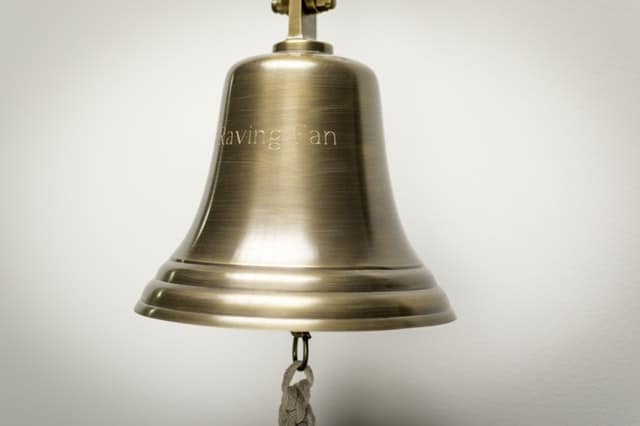With the NFL season in full swing and the end of the Diamondbacks’ season draw near, step into any bar or restaurant and you’re likely to be greeted with a cacophony of raucous cheering. All that noise can cause your ears to ring! While usually temporary, for one out of five Arizonans, tinnitus is a constant presence in their lives. It may come and go and often varies in intensity, but it never disappears completely. Unfortunately, there is no cure for tinnitus, but don’t despair – if you’re one of those who experiences a ringing or other sound in your ears, we’ve got tips to help you manage it.
What is Tinnitus?

Tinnitus is the perception of noise in your ears even when no sound source is present. It is most often described as a ringing sensation, but can take many other forms, as well. People report hearing a wide variety of noises, including hissing, roaring, whooshing, whistling, clicking, and buzzing. Most incidences of tinnitus are subjective in nature, that is, only that individual hears the noise. Rarely, tinnitus is objective, meaning another person – often a doctor performing an examination or a significant other – is also able to hear the noise.
Tinnitus is not a disease, but rather, a symptom of another medical condition. It’s the result of damage to the tiny hair cells in your inner ear. There are many possible causes: age-related hearing loss, excessive noise exposure, viruses and infections, allergies, earwax buildup, foreign objects in the ears, even side effects of certain medications. Often, the exact cause cannot be determined. This can make treating tinnitus a challenge, but there are steps you can take to manage your symptoms.
Coping with Tinnitus
If your Tucson audiologist can determine the cause of your tinnitus, they may be able to treat it. Sometimes the solution is simple, such as removing excess earwax or switching to a different drug. But more often than not, there is no way to eliminate the ringing in your ears. This does not mean you have no hope of relief.
Coping with tinnitus involves managing the symptoms so they are not as disruptive to your daily life. While the extent of the condition varies from person to person, its side effects can have a negative impact on your quality of life. Tinnitus may cause fatigue, anxiety, irritability, depression, sleep problems, concentration difficulties, and memory loss. Getting your symptoms in check can help alleviate many of these problems.
Your Tucson audiologist is likely to recommend noise suppression techniques, also known as “masking.” The goal is to introduce low-level background noise to draw the brain’s attention away from the ringing in your ears. White noise has been proven to help you focus and relax and is especially helpful when trying to sleep. Electronic devices and smartphone apps that generate white noise are readily available, though many people simply turn on a fan or air conditioner to achieve the same effect.
Other popular tinnitus treatments include:
- Tinnitus retraining devices. Similar to white noise therapy, these devices employ programmed musical patterns delivered at specific frequencies to help “retrain” your brain from focusing on the tinnitus sounds.
- Steroid Injections. Ménière’s disease is a balance disorder that is often associated with tinnitus. Patients diagnosed with this condition often benefit from treatment with Dexamethasone, an injectable steroid.
- Sometimes, benign tumors known as acoustic neuromas cause tinnitus. Surgical removal of the tumor, if feasible, may help relieve or eliminate symptoms.
- Hearing aids. A large percentage of hearing loss patients also suffer from tinnitus. They often turn to their hearing aids for relief. By turning up the volume, background sounds are increased, which helps mask the ringing noises. Hearing aids, by their very nature, help improve communication, providing better focus and concentration and, in turn, reducing stress – all side effects of tinnitus.
- Counseling. Counseling is useful in providing you with ways to manage your symptoms. Stress reduction and breathing exercises are particularly helpful.
- Diet and lifestyle changes. In general, adopting a healthy lifestyle will help in many areas of your life. There isn’t a lot of scientific evidence linking diet with tinnitus symptoms, but some patients report reducing sodium and caffeine helps. Exercising regularly, limiting your alcohol intake, and quitting smoking certainly won’t hurt.
If you have tinnitus, try these tips – you’re bound to see improvements in your overall quality of life!